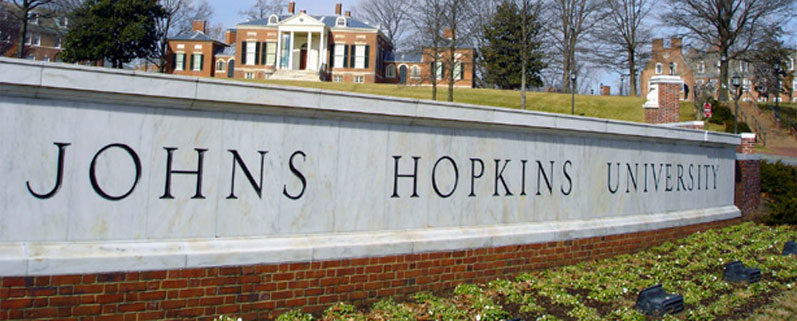[ad_1]
By J. K. Schmid, Special to the AFRO
Rep. Elijah E. Cummings, Chair of the House Oversight Committee, delivered powerful personal “surprise” testimony before the Maryland House of Delegates, March 12..
“I am not telling you do to it,” Cummings told the legislative panel led by Del. Cheryl D. Glenn. “That’s none of my business. But…I have come here begging you to do something.”
Cummings plea is that the Maryland general assembly do something about violence on Baltimore City streets. He recounted a time when he himself was robbed at gunpoint and the shooting death of his 20-year-old nephew.

“I literally saw his brains splattered on the wall,” Cummings testified. “Why am I telling you this? This is one of those situations where I believe we have to do something.”
While recommending no particular policy, Cummings’s remarks came during the debate over Johns Hopkins University’s (JHU) request for a 100-officer private police force to secure its campus. Generally, such forces are forbidden by Maryland statute JHU is looking for an exception to be made similar to Coppin State University, Morgan State University and University of Baltimore.
JHU currently relies on a police force of off-duty officers of the Baltimore Sheriff’s Department and Baltimore Police Department (BPD) that the JHU administration has characterized as unreliable.
Cummings 7th District predecessor, Kweisi Mfume, the Chair of Morgan State’s Board of Regents, and JHU graduate, has unequivocally come out for, Senate Bill 793 and House Bill 1094.
“We face a challenge that demands a new level of cooperation and investment from all of us who call Baltimore home,” Mfume wrote in a letter to committee members. “Violent crime in our city has risen to staggering heights. Too many citizens know the tragedy of losing a loved one to violence, or the daily worry of being out at night. This situation demands new solutions like the comprehensive approach proposed.“
JHU officials have described Morgan State’s police force as a model for what students and community members can expect when it comes to how JHU will be policing.
“I know firsthand the painful history of abuse of power by law enforcement that has overwhelmingly impacted people of color,” Mfume wrote.”Yet it is precisely that raw and real history that gives me hope about the draft legislation you are considering.”
JHU touts the endorsement of former Baltimore Mayor and University of Baltimore President, Kurt Schmoke. The new force will be accountable to Baltimore Office of Civil Rights and Wage Enforcements Civilian Review Board as well as further accountable to boards on JHU and the administration itself.
“I don’t see this as exceptional,” JHU President Ronald J. Daniels told the AFRO. “I see this as very much on par with what the other institutions in Baltimore currently enjoy. I think the percentage is 70 percent of universities in the United States, both public and private, that have an excess of 2,500 students, have sworn police forces,” Daniels added. “So, again what we’re talking about here, is not the exception, but in fact what seems to be the best practices standard for how one ensures the safety and security of a university community.”
Daniels referred to page 35 of it’s Interim Study Report, and recommendation from the committee last year, when similar bills failed to pass. Daniels and the administration infer that JHU’s rising crime rate across three campuses is best explained by the absence of a police force similar to campuses like Morgan, Coppin and University of Maryland.
However, the figures don’t seem to explain why crime is stable or in decline on other Baltimore campuses when they have the exact same force JHU has envisioned.
Daniels referred the AFRO to a study of police force at the University of Pennsylvania campus in Philadelphia. As further evidence of how JHU’s police force could and should work.
However, this study indicates that there is no longitudinal data to determine the long term impact of focused policing by committing more officers to restricted locations. The study could not determine if crime was eliminated to simply pushed outside the force’s area of operation and could not determine whether crime would resurge in the new established order.
“We cannot police our way out of poverty, economic stratification or any of the other ills that fuel violent crime in our city or our country,” Mfume’s letter reads.
“a lively, dynamic street life is the best way that one can deter violent crime,” Daniels told the AFRO. “In that respect, we have first and foremost, spent considerable time, effort and money over the last decade that I’ve been at Johns Hopkins, investing in and around our two major university campuses in Baltimore.”
JHU is a lead investor in the $2 billion East Baltimore Development Initiative (EBDI). EBDI characterizes itself as a rejuvenation project, the project overlaps with JHU campuses. JHU’s reports its endowment at $4.3 billion.
[ad_2]
Source link
